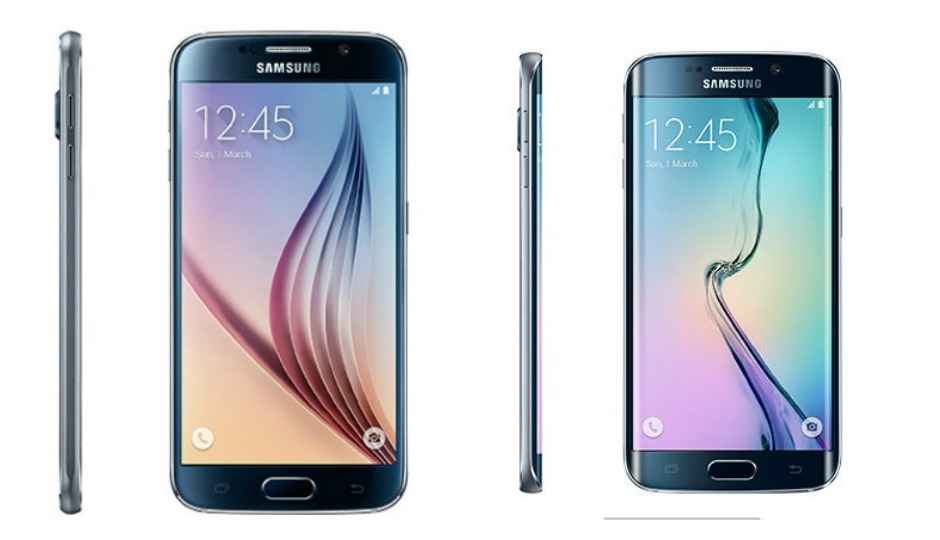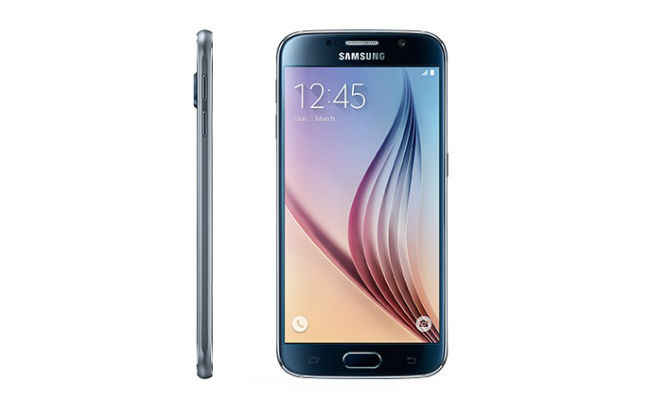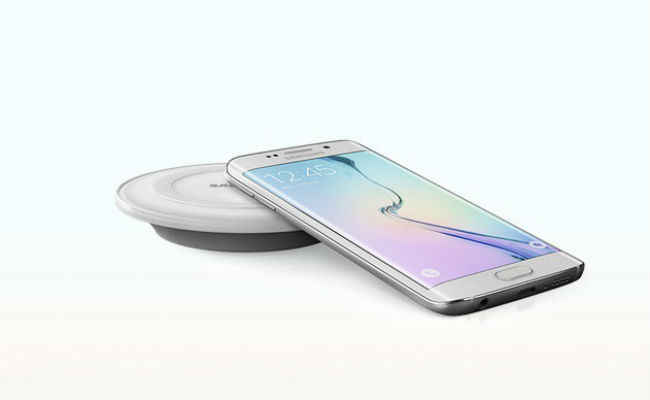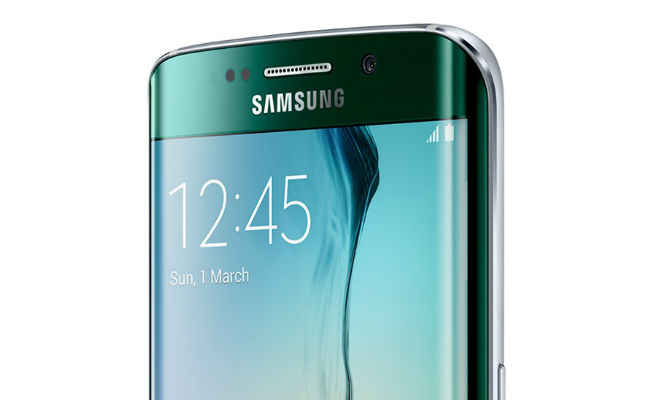Samsung Galaxy S6, S6 Edge: What we liked, What we didn’t

The Samsung Galaxy S6 and S6 Edge have a lot riding on them, more than earlier flagships from Samsung. These two could make it or break it for Samsung this year.
Another year, another Samsung flagship, but this time it’s different. Samsung has a lot more riding on the Galaxy S6 and S6 Edge than its earlier flagships. The company started has been taking a hit since the lacklustre sales and flagging public reaction of the Galaxy S4. In fact, Samsung was forced to launch the Galaxy S5 earlier than it would have liked.
The main complaint against Samsung has always been about design and user experience. While the company has never really compromised on power, the user experience from both design and interface point of views have often been lacklustre. The Touchwiz UI was arguably the most bloated UI of all, while the cheap plastic designs got old very fast, especially since Samsung started to aim at the high-end segment.
So, with the new Galaxy S6 and S6 Edge, Samsung has finally embraced the metal design, but will these devices be Samsung’s saving grace? You, the consumer will decide that and for that, you need to know more about them.
Samsung Galaxy S6
The metal unibody of the S6 is beyond question, but the overall design is. While the S6 definitely brings change, it bears a striking resemblance to the boring Samsung design that we’ve seen before. That said, you may have already seen the Galaxy Note 4, which means you can appreciate Samsung’s 2K Super AMOLED displays. The 5.1 inch 2K display on the S6 is a welcome addition.
In fact, so is the 16MP camera on the back. Samsung has generally done well with its cameras and the 16MP sensor on the Galaxy Note 4 is one of the best you can find in the market. Also, the company compared the device directly to the iPhone 6 Plus, which many (including us) have called the best smartphone camera in the market today.
The device also supports fast and wireless charging, which is good, especially if Samsung’s claim that the battery gets 4 hours of charge in 10 minutes are true. This is another area where the Note 4 has excelled.
The metal unibody of course means Samsung had to give up the removable back and microSD card support, something that many of its users may miss. It’s of course an understandable compromise for making the device more premium, but we keep going back to the design here. The Galaxy S6 is no looker, especially when compared to the likes of the HTC One M9, iPhone 6 and Sony Xperia Z3 and other phones with unibody designs do offer support for microSD cards.
One area where the S6 may underwhelm is the power. While Samsung hasn’t usually lacked in this department, the decision to not go with the Snapdragon 810 may haunt it. The company says that the Exynos 7 octa-core 64-bit SoC powering the Galaxy S6 is more powerful than competitors, but Exynos processors have till now been less powerful than the corresponding Snapdragons.
Samsung Galaxy S6 Edge
The true change in the design department is in the S6 Edge. The world’s first dual-edge smartphone looks unique to say the least and quite unique, unlike the Galaxy S6. The Edge displays on both vertical edges of the smartphone of course add a lot to the design, but they may truly be useful now that they’re on both sides. There’s a lot more that can be done. Of course, developer support will be of the utmost importance for this.
The S6 Edge has all the pros of the Galaxy S6 and adds a couple of its own through the Edge displays. In fact, while the Edge display may not be something any of us really need, it’s definitely something we really want. Also, the phone looks good, an area where the Galaxy S6 still lags behind.
Yes, the power is still a bit of a question, but except that, the S6 Edge seems to be the true flagship smartphone that Samsung owed its users.
Touchwiz
Samsung’s UI has been the other thing that the company has been often questioned on. Well, while the refreshed version of Touchwiz here will come with lesser bloatware, we really have to use it for a while to believe it. Also, Samsung has for some reason included Microsoft apps on its new flagship smartphones, which is an interesting choice.
The move reaffirms Samsung’s interest in making the Galaxy S6 and S6 Edge attractive to both business and regular buyers. The company is also adding free storage space on OneDrive with its flagships, but the sudden partnership for Microsoft apps doesn’t really make a lot of sense for consumers who don’t use them. You may find OneNote and others to be useless bits of software that you’re forced to keep on your phone.
Price
Lastly, and perhaps most importantly, is the price at which Samsung plans to sell these phones. Leaked pricing reports suggest a starting price of €699 (approx Rs. 49,000) for the 32GB Galaxy S6, while the S6 Edge starts at €849 (approx Rs. 60,000) for the 32GB model. Considering Samsung’s pricing for the Galaxy Note 4 and Galaxy S5 before this, this isn’t really a surprise.
That said, the company has made a wise decision in not going for a 16GB model for the S6 and S6 Edge. If the 32GB model is priced competitively, then the S6 could easily sell like hot cakes, despite its shortcomings. On the other hand, if Samsung decides to go with its current track record in pricing (which is likely), then the S6 and S6 Edge may fail to mark Samsung’s comeback.







